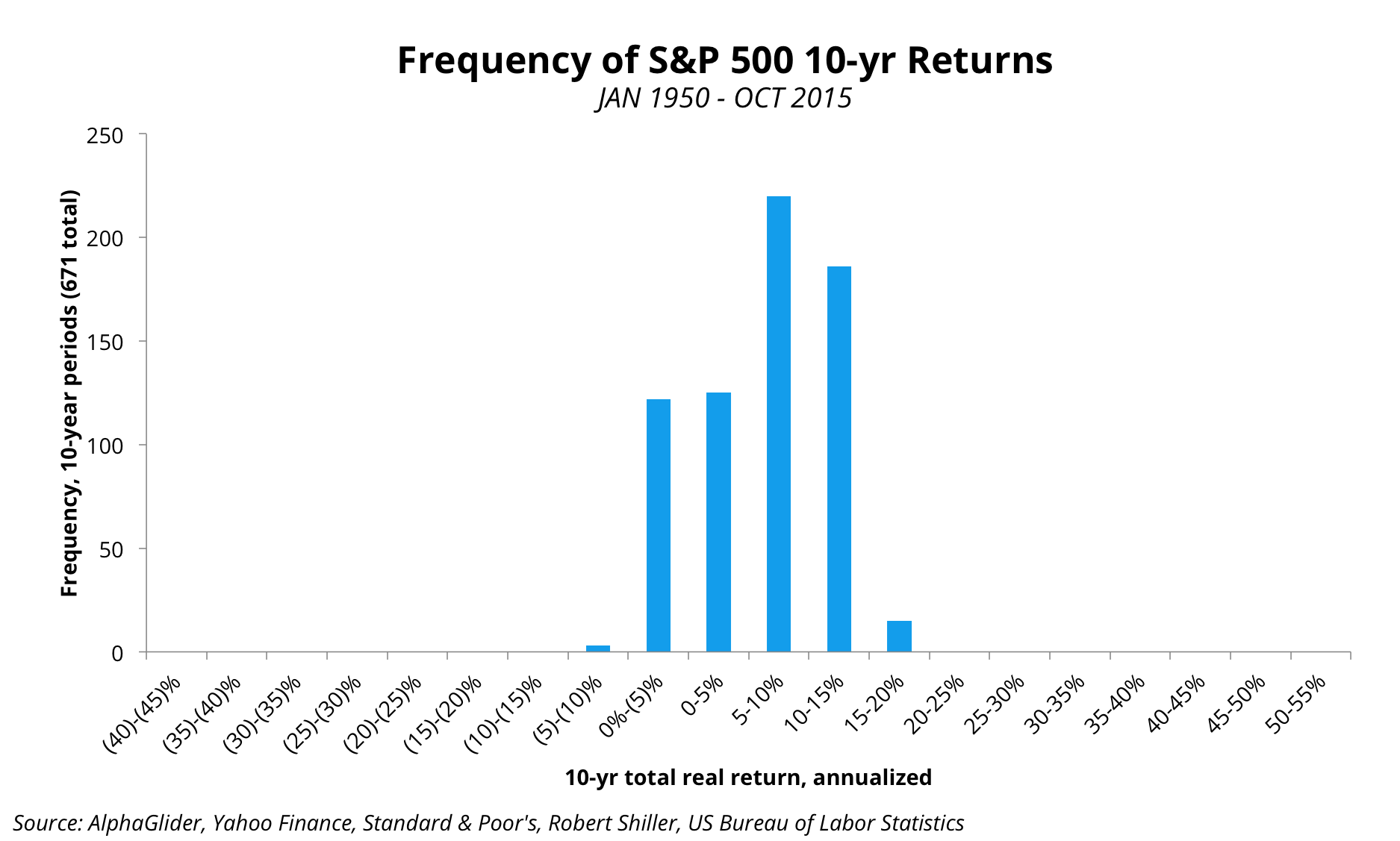Table of ContentsSome Known Incorrect Statements About What Is A Bond Finance The What Is Zero Coupon Bond In Finance DiariesSome Of How Is A Bond Represented In The Yahoo FinanceThe 7-Second Trick For What Is A Finance Bond
Services aren't the only entities that can issue bonds. Federal governments and towns offer them also. Let's take a look at how these sort of bonds differ. Ad Federal Government Bonds: To fund programs, fulfill their payrolls and essentially pay their costs, federal governments concern bonds. Bonds from steady governments, such as the United States, are considered very safe financial investments.
The U.S. federal government provides its own bonds from the treasury and from numerous federal government agencies. Those maturing in less than one year are called T-bills. Bonds that develop in one to ten years are T-notes, and those that take more than 10 years to grow are treasury bonds. In many cases, you don't have to pay state or local income taxes on the interest they earn.
Munis finance things like health centers, schools, power plants, streets, office complex, airports, bridges and so on. Municipalities typically release bonds when they require more money than they collect through taxes. The good idea about community bonds is that you do not have to pay federal income taxes on the interest they make.
While business bonds are a higher danger than federal government bonds, they can earn a lot more money. There's likewise a much bigger selection of corporate bonds. The drawback is that you do need to pay federal earnings tax on the interest they earn. Especially when purchasing business bonds, it is essential to think about how dangerous the bond is.
You can investigate the provider's financial situation to see how strong its prospects are. This involves examining things like capital, financial obligation, liquidity and the company's company plan. As enjoyable as it sounds to research these things, the majority of us do not have the time or skills to analyze a corporation's financial circumstance accurately.
Their specialists research a company's situation and determine a bond ranking for the company. Every score service has its own formula for measuring risk and its own kind of score scale. Usually, ranking scales are defined in letter grades, where an AAA score designates a safe, low-risk bond, and a D rating designates a high-risk bond.
federal government bonds, are typically low-yield bonds. You can depend upon getting a payout but that payment will be small. what is zero coupon bond in finance. On the other side of the spectrum, you have what's not-so-affectionately referred to as, which are low-rated, high-risk bonds. In order to lure investors into purchasing these risky scrap bonds, the releasing companies assure high yields.
Fascination About What Does The France Bond Market Finance
However if you do, you might earn money in spades. Still not sure about a few of the terms related to bond financial investment? Have a look at the glossary on the next page.
Bonds are loans made to big organizations. These consist of corporations, cities, and national governments. A specific bond is a piece of an enormous loan. That's because the size of these entities requires them to borrow money from more than one source. Bonds are a type of fixed-income investment. The other types of financial investments are money, stocks, commodities, and derivatives.
They vary according to who issues them, length until maturity, interest rate, and threat. The most safe are short-term U.S. which of these describes a bond personal finance. Treasury expenses, but they also pay the least interest. Longer-term treasurys, like the standard 10-year note, offer somewhat less risk and marginally greater yields. SUGGESTIONS are Treasury bonds that secure against inflation.
They return a bit more than Treasuries but are a bit riskier. Business bonds are provided by business. They have more threat than government bonds due to the fact that corporations can't raise taxes to pay for the bonds. The threat and return depend on how credit-worthy the business is. The highest paying and highest threat ones are called junk bonds.
Up until then, the customer makes agreed-upon interest payments to the bondholder. People who own bonds are also called lenders or debtholders. In the old days, when people kept paper bonds, they would redeem the interest payments by clipping discount coupons. Today, this is all done digitally. Naturally, the debtor pays back the principal, called the stated value, when the bond matures.
They can just do this because there is a secondary market for bonds. Bonds are either publicly traded on exchanges or sold independently in between a broker and the creditor. Given that they can be resold, the worth of a bond fluctuates until it matures. Think Of The Coca-Cola Company wanted to obtain $10 billion from financiers to acquire a big tea company in Asia.
It issues each bond at a par worth of $1,000 and assures to pay pro-rata interest semi-annually. Through an investment bank, it approaches investors who purchase the bonds. In this case, Coke needs to offer 10 million bonds at $1,000 each to raise its wanted $10 billion before paying the costs it would incur. Each $1,000 bond is going to receive $25.00 per year in interest.
What Is A Finance Bond Things To Know Before You Get This
If all goes well, at the end of 10 years, the initial $1,000 will be returned on the maturity date and the bond will stop to exist. Bonds pay off in two ways. Initially, you get earnings through the interest payments. Obviously, if you hold the bond to maturity, you will get all your principal back.
You can't lose your financial investment unless the entity defaults. Second, you can profit if you resell the bond at a higher price than you bought it. Sometimes bond traders will bid up the rate of the bond beyond its face value. That would take place if the net present worth of its interest payments and principal were greater than alternative bond investments.
Many private investors prefer to let a skilled fund supervisor pick the very best choice of bonds. A mutual fund can likewise lower threat through diversification. In this manner, if one entity defaults on its bonds, then just a little part of the financial investment is lost. Some bonds, known as zero-coupon bonds, do not distribute interest earnings in the form of checks or direct deposit but, rather, are released at a particularly determined discount rate.

Over the long run, bonds pay a lower return on your financial investment than stocks. In that case, you may not make enough to outpace inflation. Investing just in bonds may not allow you to conserve enough for retirement. Companies can default on bonds. That's why you require to examine the bondholder's S&P scores.
They could rapidly default. They must provide a much higher rates of interest to attract buyers. Although usually considered "safe," bonds do have some threat. Credit risk refers to the probability of not receiving your assured principal or interest at the contractually guaranteed time due to the issuer's failure or objection to distribute it to you.
The absolute highest investment-grade bond is a Triple-A rated bond. There is constantly a chance that the federal government will enact policies, purposefully or unintentionally, that lead to extensive inflation. Unless you own a variable rate bond or the bond itself has some sort of integrated security, a high rate of inflation can ruin your buying power.
When you invest in a bond, you understand that it's most likely going to be sending you interest income frequently. There is a risk in this, however, in that you can not anticipate ahead of time the precise rate at which you will have the ability to reinvest the cash. If interest rates have dropped substantially, you'll need to put your fresh interest earnings to operate in bonds yielding lower returns than you had been taking pleasure in.
What Is New Mexico Activities Or Expenditures Do The Bond Issues Finance Can Be Fun For Anyone

This indicates that when you obtain them, you may have a hard time selling bonds at top dollar. This is among the reasons it is almost constantly best to limit the purchase of individual bonds for your portfolio to bonds you plan to hold up until maturity. For many individuals, valuing bonds can be complicated.
In other words, the more need there is for bonds, the lower the yield. That appears counter-intuitive. The factor depends on the secondary market. As individuals demand bonds, they pay a greater rate for them. However the interest payment to the bondholder is fixed; it was set when the bond was first sold.
Put another method, the price they paid for the bond yields a lower return. Investors typically require bonds when the stock market becomes riskier. They are willing to pay more to avoid the greater risk of a plummeting stock exchange. Since bonds return a fixed interest payment, they look appealing when the economy and stock exchange decrease.